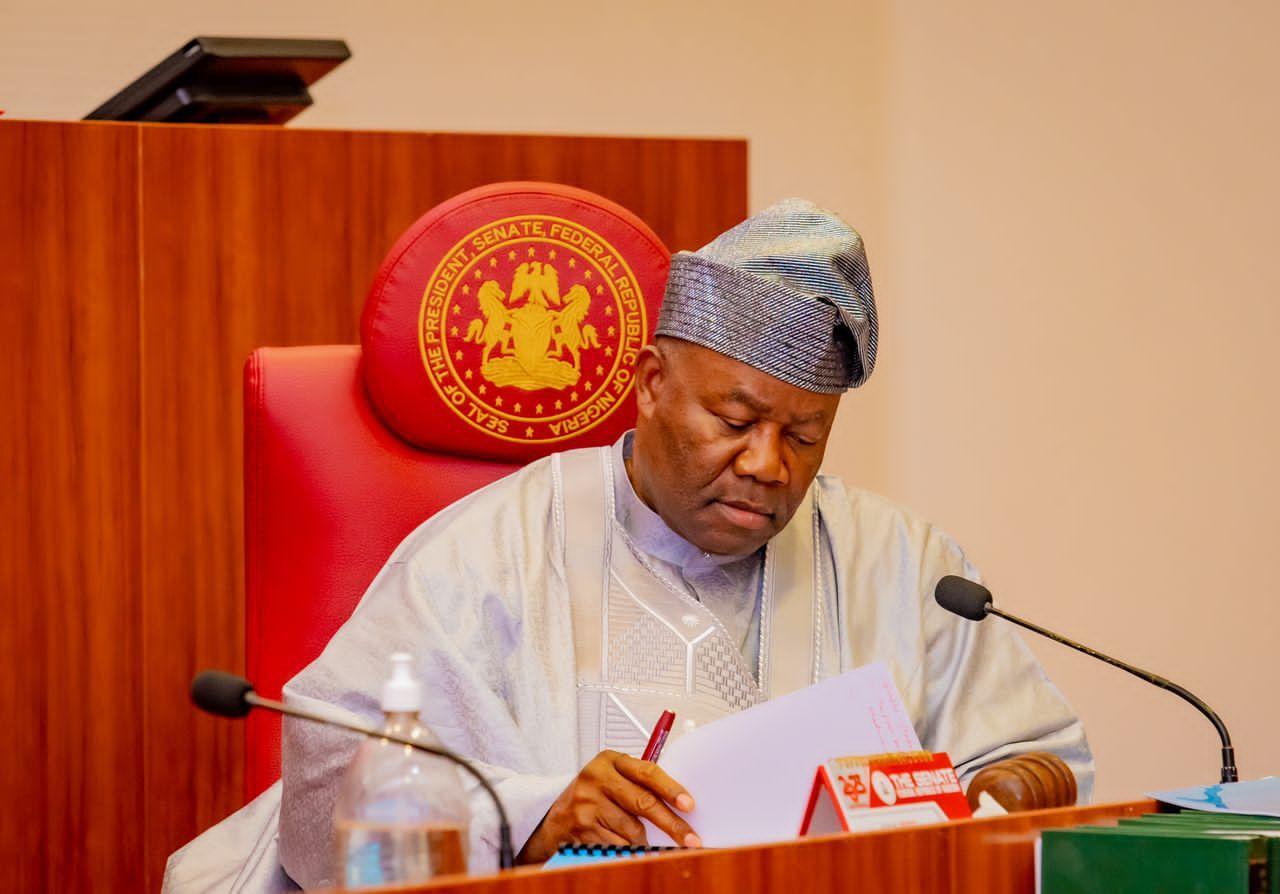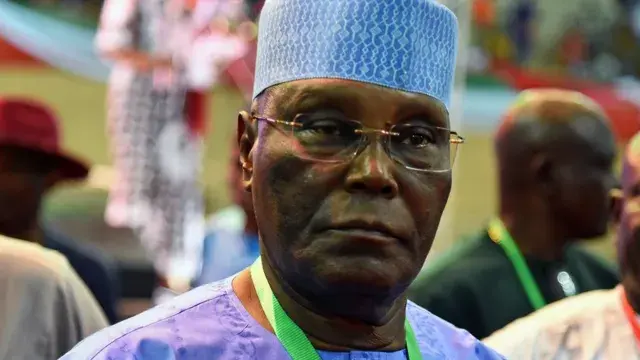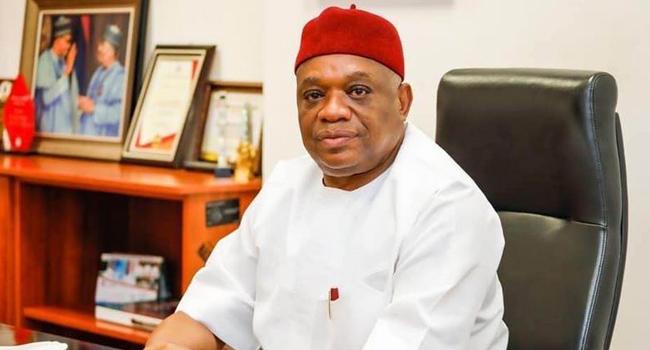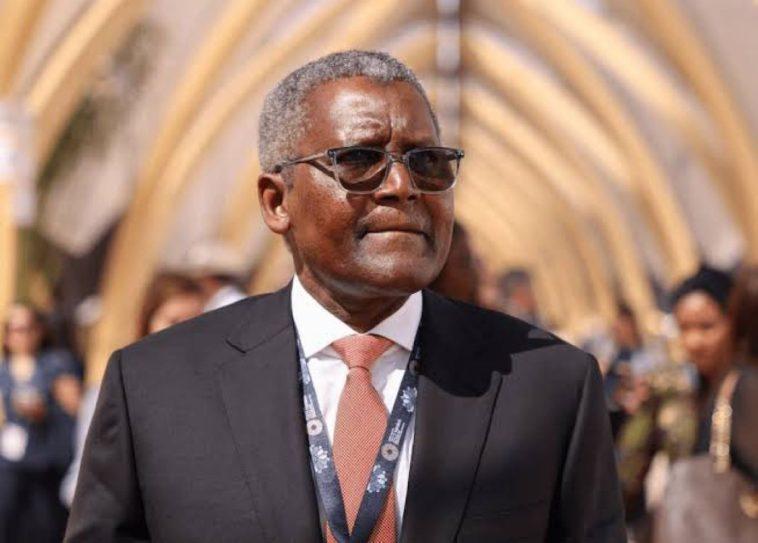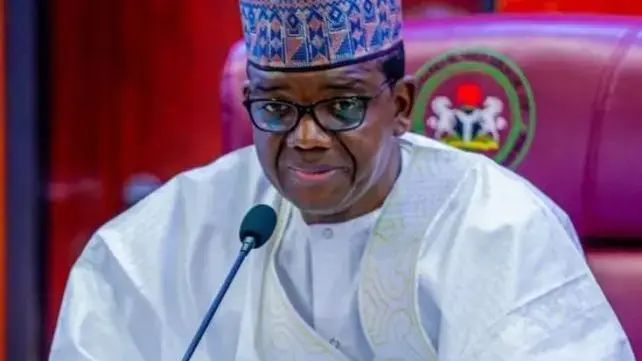Explore Our Bill Payment Services:
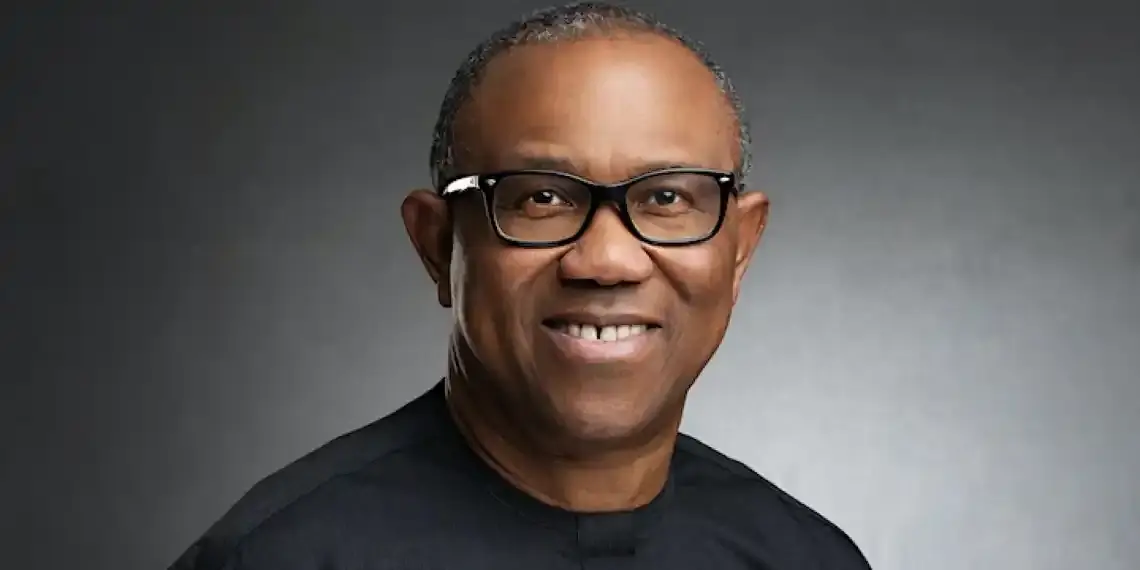
- Finance
- Net-Worth/Wealth
- Nigeria
Top 10 Richest Politicians In Anambra State
Hello, my people. Lists about money and power spread fast—like hot suya on a Friday night. If you’ve been searching for who the richest political figures from Anambra are, you’ve landed in the right place. This is a friendly, straight-talk guide to ten prominent names you’ll keep seeing on those lists. I’ll tell you what folks say about their wealth, how they influence politics, and why every number should be read with a pinch of salt.
Let’s be clear from the start: most of these people are first businessmen, then political players. That pattern matters. Money gave them the reach to enter politics, fund campaigns, or support causes. So when someone calls them a “politician,” it might be a simplification. Ready? Let’s go.
1. Peter Obi — The Practical Governor
Peter Obi’s name is everywhere in national conversation because he mixed governance with a business mindset. Many lists put him among the wealthier figures from Anambra, though the exact amounts vary ridiculously across reports. What matters more to many people is his reputation for careful public finance while governor, which shaped how people perceive his money and management style.
2. Andy Uba — The Old Hand
If you’re following Anambra politics, Andy Uba is a name you know. He’s been in the system for a long time—elected posts, political maneuvering, and business interests. Money estimates are thrown around for him too, but everyone agrees he’s wealthy and politically influential.
3. Prince Arthur Eze — The Quiet Kingmaker
Prince Arthur Eze doesn’t shout about his wealth; he moves in heavyweight circles. Many lists consistently place him at the top end of wealth rankings because of his stakes in energy and other sectors. He’s not always an elected official but his money gives him real pull in political affairs.
4. Dr. Bryant A. B. C. Orjiakor — The Financial Backer
Less of a household political name but a major financier, Dr. Bryant Orjiakor appears on wealth compilations because of his business portfolios and behind-the-scenes funding. People like him are the reason money and politics often travel together in our state.
5. Ifeanyi Ubah — From Oil to Senate
Ifeanyi Ubah started with business—energy trading, media and even sports—and took that into politics. He is a good example of someone who used commercial success as a launchpad for elected office. As a result, he’s often listed among the wealthiest political figures from Anambra.
6. Emeka Offor — Business and Hearts
Offor has built companies and a reputation for philanthropy. Wealth lists include him because his economic footprint and civic work make him influential in political conversations. That’s the profile many people on these lists share.
7. Cosmas Maduka — Trade, Cars, and Influence
Traders and industrialists who succeed at scale often get talked about as political players. Cosmas Maduka fits this pattern. He built a conglomerate that gives him both money and a voice in public affairs — enough to be included in lists that conflate business success with political weight.
8. Innocent Chukwuma (Innoson) — Industry at Home
Innoson is a brand many Nigerians know. Building industry in the Southeast gave him a public profile that naturally pulls him into politics and public debate. So he appears in lists ranking political wealth from Anambra.
9. Godwin Maduka — Medicine, Philanthropy and Civic Voice
A medical entrepreneur and philanthropist, Dr. Godwin Maduka is sometimes discussed in political contexts because his institutional work affects communities. Wealth lists often include philanthropic figures who also command public respect and influence.
10. The Rest — Names that Rotate
Beyond the main names, the tenth spot is a moving target. People like Allen Onyema, Joseph Ezeokafor and traditional leaders with corporate roles sometimes appear depending on who is compiling a list. Their inclusion highlights one more truth: different compilers use different rules.
Why the numbers can’t be trusted blindly
You will read a lot of dollar signs on the internet, but the reality is that most figures are unverified estimates. One list will tell you a name is worth billions; another will cite millions. That wide spread doesn’t mean someone’s trying to deceive you—it usually means the underlying data are just not publicly verifiable.
Three quick reasons for the differences
-
Opaque businesses. Sectors like oil, importation and private land holdings are hard to value without inside accounting.
-
Non-standard methods. Some lists estimate based on visible assets; others guess based on reputation or indirect indicators.
-
Sensationalism. Big numbers get clicks. That’s a reality of the internet.
What these names tell us about power in Anambra
-
Money begets influence. Business success funds campaigns and builds reputation.
-
Influence isn’t just formal office. Some people never held a major public office but can shape outcomes from behind the scenes.
-
Public good vs public suspicion. Wealthy political actors fund hospitals and schools—but their money also invites questions about how it was earned and whether it was mixed with public resources.
Final word: read the names, not the exact numbers
These lists are useful—especially to know who matters in local politics and commerce—but take every precise dollar figure with skepticism. The recurring names (Peter Obi, Andy Uba, Prince Arthur Eze, Ifeanyi Ubah, Emeka Offor and others) are important not only because they are wealthy but because their money shapes political choices and public life in Anambra.
